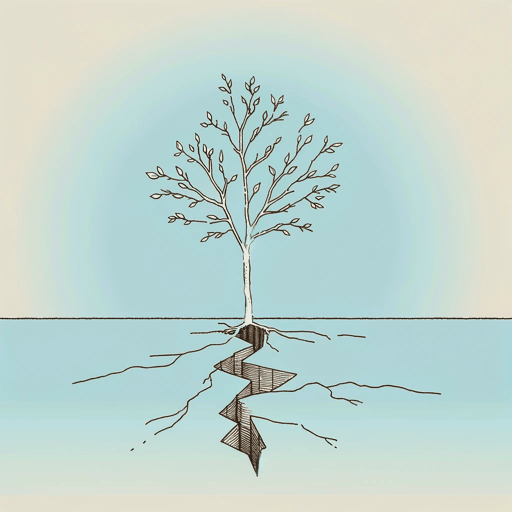43 pages • 1 hour read
Rebecca SolnitMen Explain Things To Me
Nonfiction | Essay Collection | Adult | Published in 2014A modern alternative to SparkNotes and CliffsNotes, SuperSummary offers high-quality Study Guides with detailed chapter summaries and analysis of major themes, characters, and more.
Essays 6-7Chapter Summaries & Analyses
Essay 6 Summary: “Woolf’s Darkness: Embracing the Inexplicable”
The essay begins with a quote from Virginia Woolf’s journal: “The future is dark, which is the best thing the future can be, I think” (85). Although this was written in January 1915 as violence and death spread around the world and “the First World War was beginning to turn into catastrophic slaughter on an unprecedented scale” (85), Woolf “[m]ight have been writing about her own future rather than the world’s” (86).
Solnit praises Woolf’s “extraordinary declaration” as an assertion “that the unknown need not be turned into the known” and as a “celebration of darkness” (86). After all, “the night in which distinctions and definitions cannot be readily made is the same night in which love is made, in which things merge, change, become enchanted, aroused, impregnated, possessed, released, renewed” (86).
While it is easy to only see things that support our preconceptions, it is “the job of writers and explorers to see more, to travel light when it comes to preconception, to go into the dark with their eyes open” (87). Solnit believes that this is not always possible, in part because “the past, like the future, is dark” and there “is so much we don’t know” that to write about lives or events or cultures “is to engage repeatedly with those patches of 







Related Titles
By Rebecca Solnit

A Paradise Built in Hell: The Extraordinary Communities That Arise in Disaster
Rebecca Solnit

Hope In The Dark: The Untold History of People Power
Rebecca Solnit

Orwell's Roses
Rebecca Solnit

River of Shadows
Rebecca Solnit

The Faraway Nearby
Rebecca Solnit
